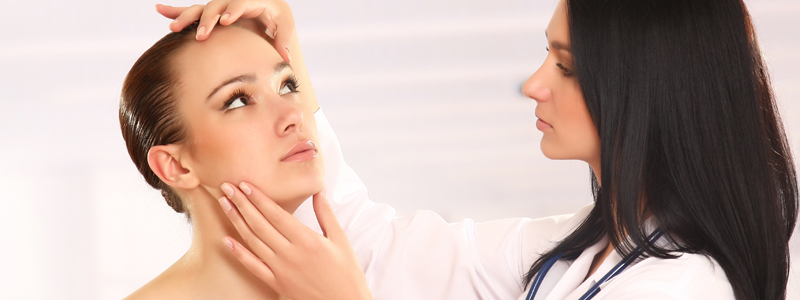
Researchers at UCLA recently published the findings of a study that looked to see what resveratrol could do for those suffering from acne. The results look promising!
UCLA researchers have demonstrated how resveratrol, an antioxidant derived from grapes and found in wine, works to inhibit growth of the bacteria that causes acne.
The team also found that combining resveratrol with a common acne medication, benzoyl peroxide, may enhance the drug’s ability to kill the bacteria and could translate into new treatments.
Resveratrol, if you’re not familiar, is a compound found in wine that’s thought to be responsible for many health benefits, from improved cardiovascular health to wine baths designed to rejuvenate the skin.
The UCLA research team were surprised at how effective the combination of resveratrol, an antioxidant, and benzoyl peroxide, an oxidant, was:
“We initially thought that since actions of the two compounds are opposing, the combination should cancel the other out, but they didn’t,” said Dr. Emma Taylor, the study’s first author and an assistant clinical professor of medicine in the division of dermatology at the David Geffen School of Medicine at UCLA. “This study demonstrates that combining an oxidant and an antioxidant may enhance each other and help sustain bacteria-fighting activity over a longer period of time.”
They found that benzoyl peroxide was able to initially kill the bacteria at all concentration levels, but the effect was short lived and didn’t last beyond the first 24 hours.
Resveratrol didn’t have a strong killing capability, but it inhibited bacterial growth for a longer period of time. Surprisingly, the two compounds together proved the most effective in reducing bacteria counts.
“It was like combining the best of both worlds and offering a two-pronged attack on the bacteria,” said senior author Dr. Jenny Kim, professor of clinical medicine in the division of dermatology at the Geffen School.
Can you expect to see the fruits (bad pun intended) of their work on a pharmacy shelf anytime soon?
Taylor noted that combining the two compounds allowed for prolonged antibacterial effects on the acne bacteria while minimizing its toxicity to other skin cells. The finding could lead to a more effective and less irritating topical acne therapy.
“We hope that our findings lead to a new class of acne therapies that center on antioxidants such as resveratrol,” Taylor said.
Cheers to acne free skin!
Header image via Shutterstock.com
